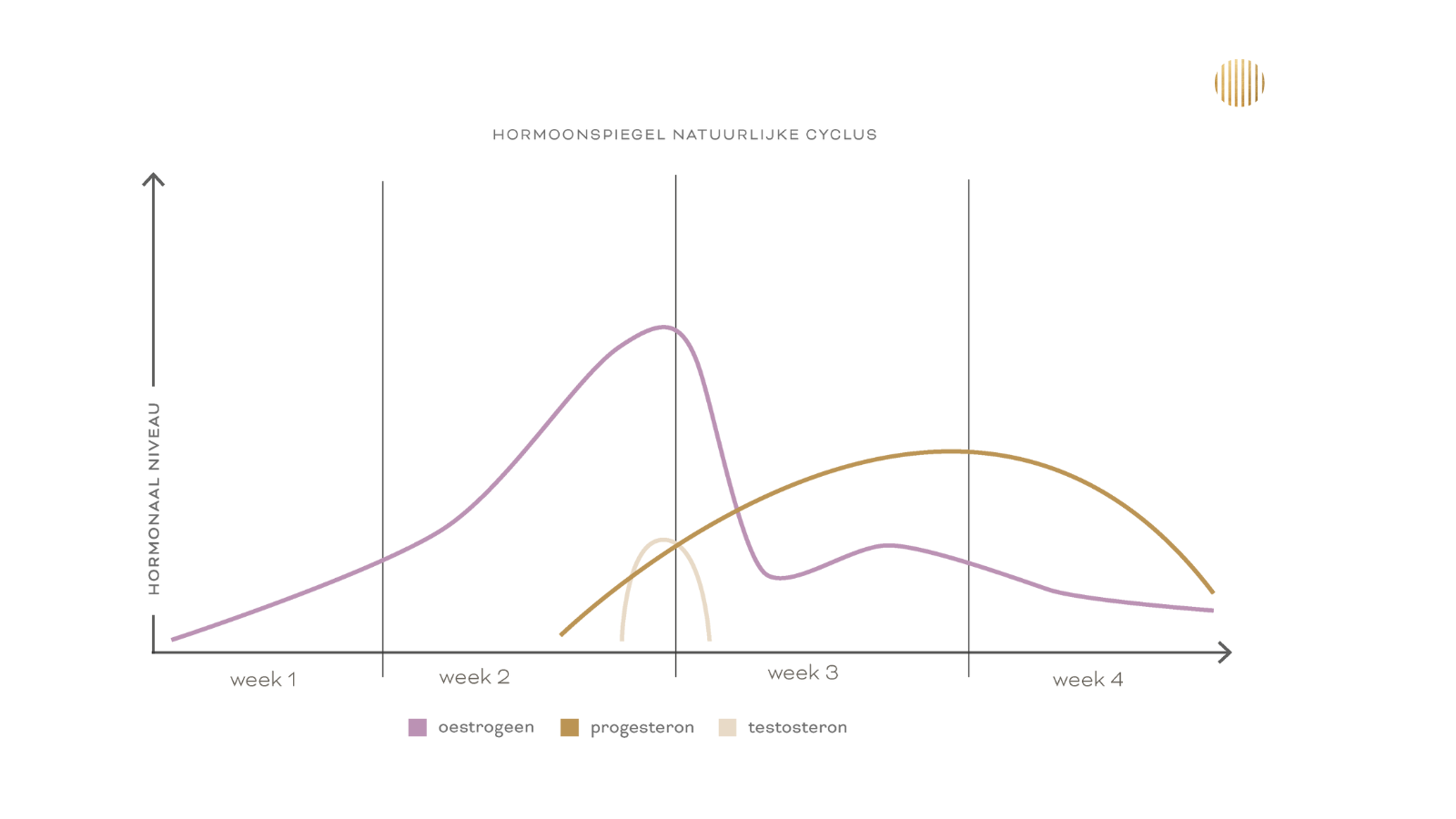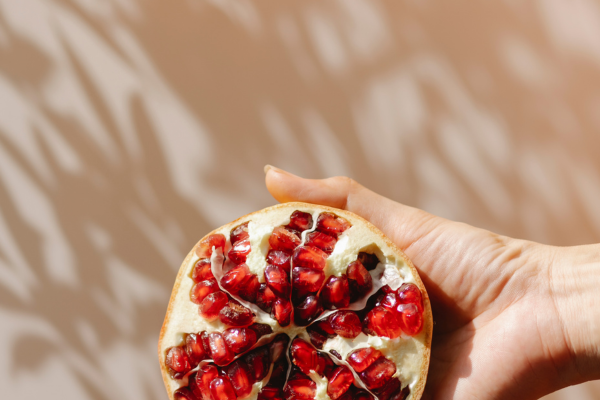
Irregular cycle? What causes it?
You've probably noticed that your period doesn't always go according to plan. Sometimes it comes a day or two earlier or later than expected, or it lasts longer than usual. It might even skip a month or suddenly become irregular for a few months. This can be a source of concern for women who want to have children or avoid pregnancy, but who still want to identify their fertile period.

A typical menstrual cycle lasts an average of 28 days, but that's just an average. A healthy cycle can range from 21 to 35 days. But when is a cycle considered abnormal?
Oligomenorrhea:
If the interval between your periods is longer than 35 days but shorter than six months, you likely have oligomenorrhea. In mild cases of oligomenorrhea, ovulation sometimes still occurs.
Amenorrhea:
If more than six months pass between your periods, this is called amenorrhea. This usually indicates the absence of ovulation. Primary amenorrhea occurs if you have never had a period by age 16.

What are the possible causes of irregular periods? Here are some common reasons:
- Just started menstruating
- Approaching menopause
- Stopping hormonal contraception
- Polycystic ovary syndrome (PCOS)
- External factors such as intensive exercise or use of medication
It's important to note that an irregular period isn't necessarily problematic in itself. However, it could be a sign that your body needs time to adjust to new circumstances or that there are underlying health issues.
Fortunately, it is possible to regulate your menstrual cycle naturally.
1. Nutrition and Lifestyle:
A healthy diet with plenty of fresh vegetables, fruits, whole grains, and healthy fats can support hormone balance and promote regular menstrual cycles. Avoid too much processed food and sugar, as these can disrupt hormones.
- Regular exercise, such as walking, yoga, or swimming, can help improve hormonal balance and reduce stress. It's important to choose an activity you enjoy and that promotes relaxation.
Stress management techniques like meditation, breathing exercises, and mindfulness can also be helpful in regulating your menstrual cycle. Stress can have a significant impact on hormones, so reducing it can help maintain a regular cycle.
2. Herbs and Supplements:
- Chasteberry is often used to support hormonal balance and can help regulate the menstrual cycle. It can be taken as a supplement or as a tea.
- Milk thistle is known for its detoxifying properties and can help cleanse the liver, which in turn can help regulate hormones. It can be taken as a supplement or as part of an herbal infusion.
- Magnesium supplements can help reduce menstrual cramps and promote a regular cycle. Magnesium plays a role in various processes in the body, including muscle relaxation and hormone regulation.
Do you want to know Want to naturally regulate your menstrual cycle and promote healthy hormonal balance? Discover Pure Cycle, our product specifically designed to help you achieve a regular and healthy menstrual cycle.









